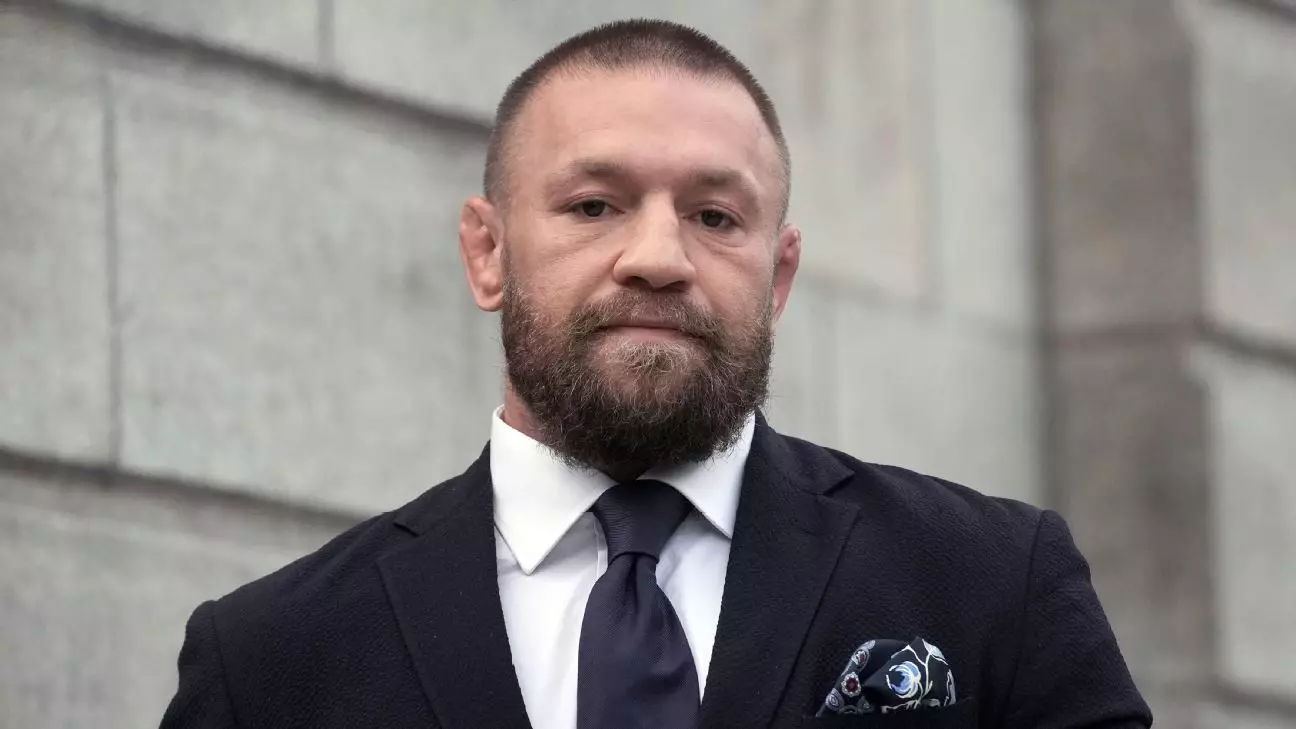Conor McGregor’s recent legal setbacks serve as a stark reminder that fame does not equate to immunity from accountability. Despite his towering reputation as one of the UFC’s most electrifying figures, the Irish fighter’s efforts to overturn a civil sexual assault verdict have been decisively dismissed. This outcome underscores a vital truth: the law is increasingly uncompromising in holding public figures responsible for their actions, regardless of their personal stature. McGregor’s attempt to appeal the ruling, which affirmed his liability, appears more like an exercise in stalling than a genuine effort to seek justice. It reveals how wealthy and prominent individuals often attempt multiple legal strategies to evade consequences, but ultimately, the weight of evidence and the pursuit of truth prevail.
Judicial System’s Role as a Neutral Arbiter
The rejection of McGregor’s appeal demonstrates the resilience of the judicial process when faced with high-profile cases. Despite allegations that could tarnish his legacy, the Irish High Court upheld the initial verdict, dismissing various arguments including new testimonies that aimed to undermine the complainant’s credibility. The court’s firmness signifies a commitment to fairness and a refusal to be swayed by attempts to manipulate the legal narrative. It underscores the importance of a justice system that remains independent and unafraid to deliver verdicts that challenge powerful individuals, especially in cases as sensitive as sexual assault allegations.
The Public’s Voice and the Fight for Justice
This case exemplifies a broader societal movement emphasizing accountability for sexual misconduct. While McGregor’s status as a celebrated athlete gave him a platform that could potentially shield him, the court’s decision affirms that no one is above the law. The woman’s role as the complainant and her persistence in seeking justice reflect a societal shift toward supporting victims and holding perpetrators accountable, regardless of their fame. Such cases ignite vital conversations about consent, accountability, and the human rights of survivors. They also serve as cautionary tales for celebrities, reminding them that their influence does not exempt them from scrutiny or consequences.
Implications for McGregor’s Legacy and Future
For McGregor, the legal loss is undoubtedly a damaging blow to his image. Once revered for his fighting prowess, he now faces the challenge of reconciling his public persona with the court’s findings. His interest in returning to the UFC and even participating in high-profile events like a White House appearance seem increasingly overshadowed by this controversy. The case prompts fans and critics alike to scrutinize the responsibilities that come with fame. Moving forward, McGregor’s actions will be judged not only by his performances in the octagon but also by his conduct outside the ring. The court’s decision affirms that a fighter’s true strength is measured not just in physical power, but in integrity and moral accountability.
Overall Reflection
This case reveals a significant shift in societal standards—where assertions of innocence now face rigorous scrutiny, and justice is striving to be more equitable. McGregor’s setback is a reminder that the era of unchallenged celebrity privilege is waning, replaced by a demand for transparency and responsibility. As public figures navigate the delicate balance between fame and accountability, this case underscores that true influence hinges not on reputation alone but on adherence to ethical principles.


Leave a Reply